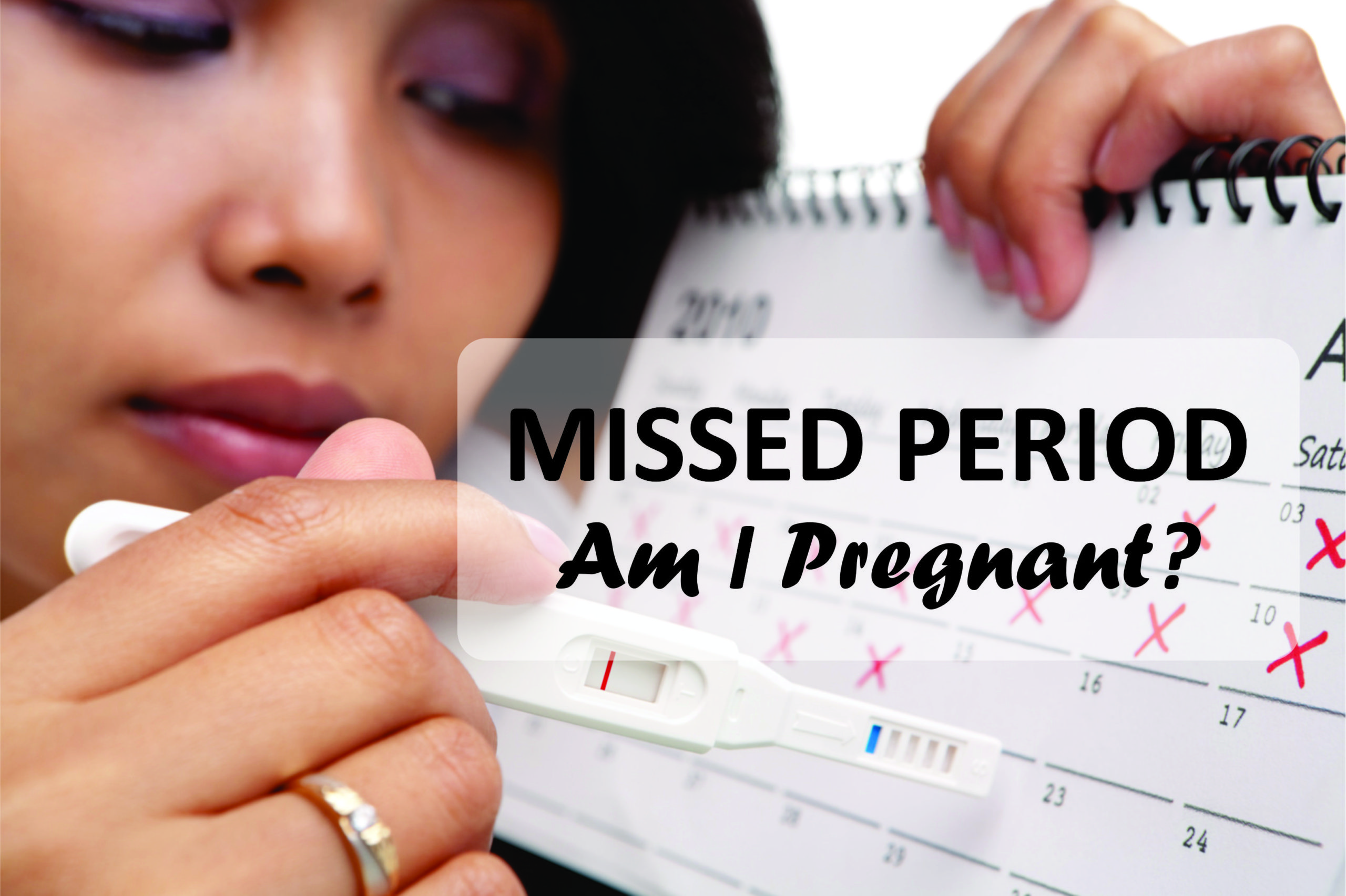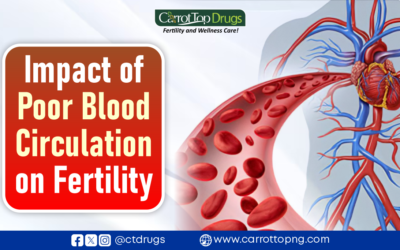Absence of your normal menstrual flow can be a cause for concern. Sometimes, it could indicate pregnancy, but it may also be related to illness, stress or fertility disorder. Ideally, a healthy woman has about twelve menstrual cycles every year. A normal menstrual cycle can occur every 21 to 35 days for each cycle except if you’re pregnant. Apart from pregnancy, here are some reasons you might experience missed periods:
#1 Hormonal Imbalance: A missed period may indicate that you have a hormone imbalance. Hormones are responsible for controlling ovulation and menstruation. Ideally, when ovulation occurs, your body secretes progesterone, which builds up the uterine lining in preparation for pregnancy and implantation to occur. But if there is no pregnancy, progesterone levels will drop, and your menstruation will flow. If you miss your period without getting pregnant, it could signal a problem with hormones involved in ovulation.
#2 Stress: We react to stress in different ways. The way one reacts to stress could be different from the way the other reacts to it. When you experience chronic or extreme stress, the part of your brain that controls the normal functioning of reproductive hormones could be affected. This can cause menstruation and ovulation to stop.
#3 Polycystic ovarian syndrome (PCOS): Polycysticovarian syndrome is a condition whereby, small fluid-filled sacs called cysts grow inside the ovaries which never mature enough to trigger ovulation thereby altering levels of oestrogen and progesterone making them lower than usual and causing an increase in androgens (male hormones). This in turn, prevents menstruation and ovulation from occurring regularly. Missed periods are a common symptom of pcos.
#4 Weight fluctuations: Being underweight or overweight could cause hormonal imbalances because fatty tissues play a major role in synthesizing hormones. Additionally, gaining or losing a significant amount of weight within a short period of time could affect your hypothalamus, which is the gland that controls the release of estrogen. Too little or too much estrogen could cause a missed or late period. Rapid weight gain or weight loss due to illness, or dietary changes, may interfere with hormone production or release, causing you to miss one period or more.
#5 Breastfeeding: Prolactin is the hormone responsible for the production of breast milk in women. If you are breastfeeding, you may not see your period for some time. This is because prolactin can also suppress ovulation and subsequently menstruation.
#6 Medications: Certain medications like anti-depressants, antipsychotics, anticonvulsants, antibiotics, and some chemotherapy medications could cause absent or delayed periods. Hormonal contraceptives can also influence your menstrual cycle by blocking ovulation causing missed periods.
#7 Excessive Exercise: When you exercise excessively and you also restrict meals to lose weight, your body would not be able to produce enough estrogen. This can cause disruptions in your menstrual cycle. Taking it easy and gaining a little weight if needed, should put you back on track.
#8 Change in your regular schedules: If you work during the day normally and you switch to night shift, it could throw off your internal body clock which regulates your hormones. This could result in a late or missed period, but it should return by the time your body gets used to the change or if your schedule gets back to normal.
#9 Perimenopause: Perimenopause is a period of transition from reproductive age to a non-reproductive age. It is the time when a woman is about to enter the stage of menopause. On average, this may start around age 45. The body gradually makes less estrogen during this phase and women at this stage may experience missed periods.
If you have been missing your periods for a while now and you are not pregnant, talk to us on +2347054644000. Getting your period back to normal could also be dependent on your lifestyle changes such as diet, stress reduction, exercise, and weight management. Taking fertility supplements like Evergreen formular for women will help you restore your menstrual cycle to normal.

















